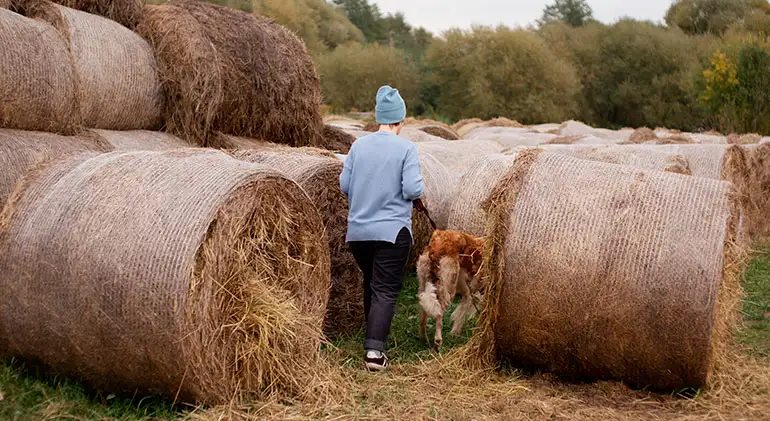 05 July 2022
05 July 2022Bringing Food Production Back To Cities
Introduction: Why Urban Farming Matters
Cities are rapidly becoming the center of human life. By 2050, nearly 70% of the global population will live in urban areas. With rising food demand, long supply chains, and environmental challenges, the idea of bringing food production back to cities is gaining momentum. Urban farming is no longer a niche concept — it’s the future of sustainable food systems.
What Is Urban Farming?
Urban farming (also called urban agriculture) is the practice of growing, processing, and distributing food directly within cities. From rooftop farms to vertical hydroponic systems, urban agriculture brings food closer to consumers, reducing waste, costs, and carbon emissions.
Benefits of Bringing Food Production Back to Cities
-
Reduced Food Miles
Fresh produce grown in cities travels shorter distances, cutting down transport emissions and ensuring freshness. -
Improved Food Security
Local food systems strengthen resilience against global supply chain disruptions. -
Job Creation & Economic Growth
Urban farms generate employment in agriculture, technology, food processing, and distribution. -
Environmental Sustainability
Urban farming reduces the carbon footprint, cools city heat islands, and increases green spaces. -
Community & Education
Community gardens and urban farms provide educational opportunities and foster stronger social connections.
Innovative Approaches to Urban Agriculture
-
Rooftop Gardens & Farms: Utilizing underused rooftops to grow fruits, vegetables, and herbs.
-
Vertical Farming: High-tech farming in stacked layers using hydroponics and LED lighting for year-round production.
-
Aquaponics & Hydroponics: Soil-free farming methods that save water and increase yields.
-
Community Gardens: Shared farming spaces where city residents can grow food and learn sustainable practices.
-
Edible Landscapes: Public spaces designed with fruit trees, herbs, and edible plants.
The Role of Technology in Urban Food Systems
Technology is driving the future of urban farming. AI-powered monitoring, smart irrigation systems, and IoT sensors are optimizing crop production. Data-driven solutions ensure higher yields, less waste, and efficient use of space and water.
The Future of Food Production in Cities
The cities of tomorrow will not only be centers of consumption but also hubs of food production. From office buildings with indoor gardens to large-scale vertical farms, urban agriculture will integrate seamlessly into daily life.
Bringing food production back to cities is not just a trend — it’s a sustainable solution for food security, climate action, and healthier living.
Conclusion: Why Urban Farming Is the Future
As the global population continues to urbanize, urban farming and sustainable city food systems will become essential. By growing food locally, cities can reduce costs, improve resilience, and promote healthier lifestyles.
The next green revolution will not happen only in rural fields but in the hearts of our cities — on rooftops, in basements, and inside smart urban farms.
Suggested Keywords for SEO
-
Urban farming
-
Urban agriculture
-
Food production in cities
-
Vertical farming
-
Rooftop gardens
-
Sustainable food systems
-
City farming
-
Future of food production
-
Urban food security






Kevin Martin
It has survived not only five centuries, but also the leap into electronic typesetting unchanged. It was popularised in the sheets containing lorem ipsum is simply free text. sint occaecat cupidatat non proident sunt in culpa qui officia deserunt mollit anim id est laborum. Vivaus sed delly molestie sapien.